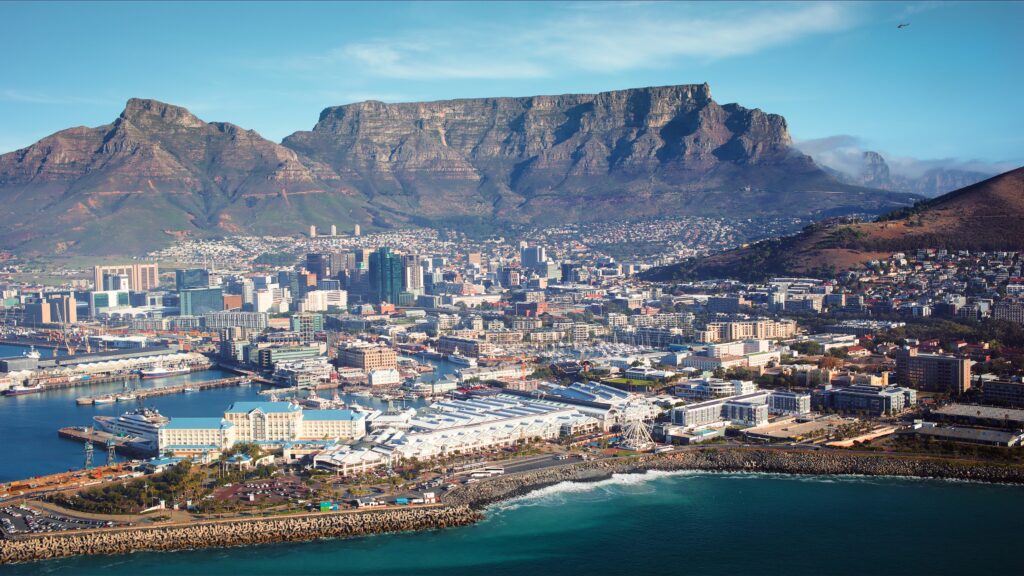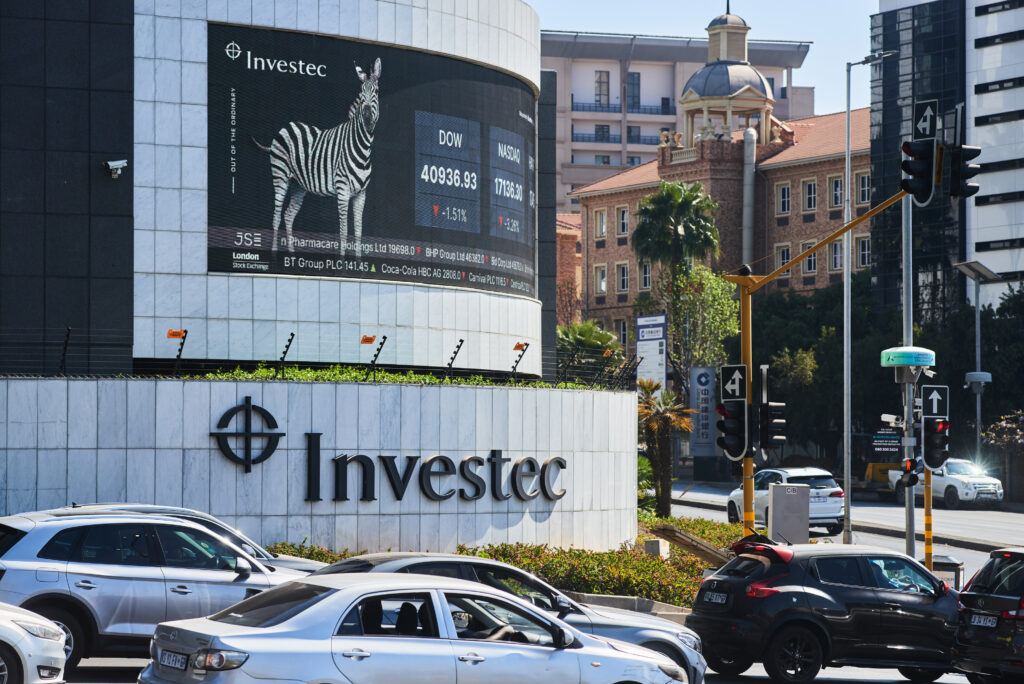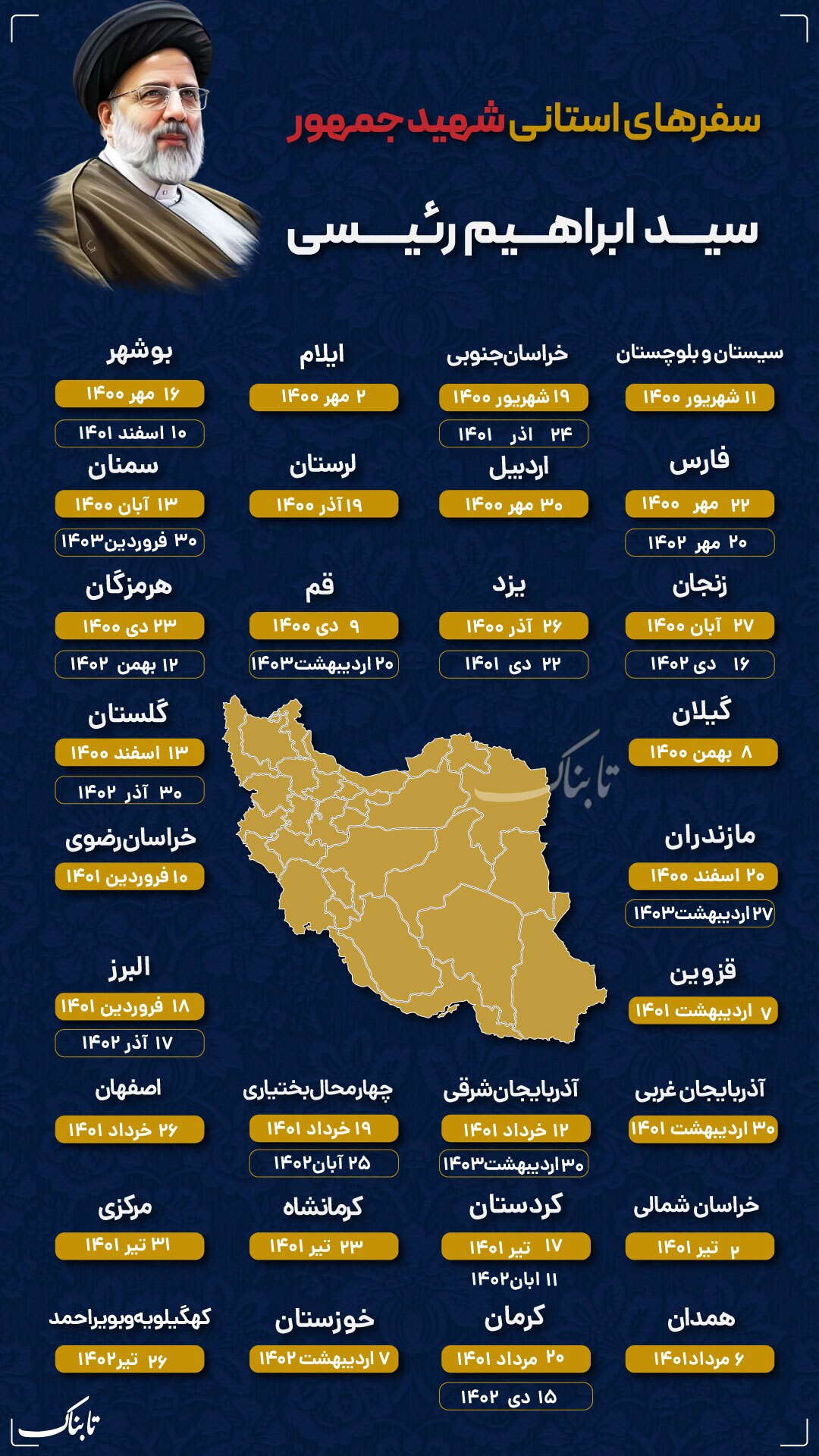You can also listen to this podcast on iono.fm here.
JIMMY MOYAHA: In reflecting on [Wednesday’s] budget speech, it’s important to reflect on some of the departments that were mentioned in the speech – most notably, of course, the department known as the South African Revenue Service, or Sars. Its mandate is very clear – that revenue collection is on behalf of National Treasury, and the implementation of the revenue collection initiatives and policies [is] set out by National Treasury.
To that effect, there were a couple of announcements made pertaining to the South African Revenue Service. We’re going to take a look at these and see how they impact the work that Sars continues to do.
I’m joined [by Sars] Commissioner Edward Kieswetter to take a look at this. Commissioner, lovely to have you on the show, as always. This is the third time you and I are doing this in the space of six months. We clearly have a lot to talk about, but I suppose the message remains the same – that the efforts of the South African Revenue Service continue to be vitally important towards what National Treasury looks to collect from a revenue perspective.
EDWARD KIESWETTER: That’s so true – that one of the benefits of this process that has resulted in the third attempt at delivering a budget by the minister of finance has galvanised South Africans around a greater sense of awareness and appreciation of the work of Sars, but also understanding that they have greater agency in what ultimately happens within government and within Sars.
We certainly as humble administrators appreciate the involvement of all South Africans across the political [spectrum] but also across civil society. We really have seen that.
In my review announcement, I actually said this in a very public way to taxpayers, because for us as Sars to do our work we must be aware and sensitive of the dynamics. We live in a world that is very different.
For the first time in our democracy we have more than one party that has formed government, and it does introduce a different way of consulting to reach a sufficient level of consensus to table a budget which will go through parliament.
I think all political parties have learnt a very dear lesson. But I have to say it leaves our democracy a little more resilient and South Africans a little more hopeful that they do have a voice in this process.
JIMMY MOYAHA: Commissioner, the last time you and I caught up we reflected on the revenue statements that you had made, and the collections that the Sars team had put together. We also touched on the fact that to continue doing the work that Sars is doing, there would be an additional allocation needed from National Treasury to help you in things like streamlining the processes, improving the AI, improving the collections.
The minister thankfully in this budget speech did not waiver from the 12th of March on his R7.5 billion commitment over the medium term to Sars, and he went on to say that he estimates that this would add an additional R20-50 billion in additional revenue. He estimates it around the R35 billion mark. How are you seeing those projections, and do those projections still align with what you have planned out as a team?
EDWARD KIESWETTER: Firstly the R1.986 trillion announced as the revenue forecast for this year does not include the revenue from the additional R1 billion that the minister referenced in his budget speech but not included in the revenue.
The second point is that for us this is not a shot in the dark.
Our confidence is derived from the following. One, we have a stock of debt that is already due to the state …
And if we are just marginally successful and collect up to a third of that, we should comfortably add between R20 and R50 billion of additional revenue into the fiscus every year over the next three years.
So it is in this regard that we’ve already begun to hire 500 people who came in during the month of April. We trained them, and they are now actively collecting debt. In the first week of June we will bring in another 250. We will then have hired 750.
So this is a very straightforward correlation between the amount of people we can deploy to follow up outstanding debt and the debt that it returns.
We said to the minister that we can give him a guarantee of anywhere between 30 and 60 times his money back, and I think we’ve demonstrated this in the past year.
The minister has taken the view that ‘I will give you the money – you start the project; by October I will have a level of confidence so that I can then put that into my fiscal framework’.
And that’s where his estimate of R35 billion per year comes from.
JIMMY MOYAHA: That’s certainly one way to bet on the house when all of the numbers have been projected and calculated.
Commissioner, I want to take a look at something else that you and I have spoken about before and that the minister also touched on, around the fact that Sars is losing a considerable amount of revenue from the illicit trades market. That’s something you and I have touched on [before] – to say that those markets and the efforts that Sars has put towards collecting and recovering those revenues have really been quite the difference maker.
When we look at the current state of that illicit trades market across all the markets, across the tobacco, across the alcohol, across all the illicit goods that flow in and out of South Africa, how important does that mission then become from a sales perspective to recover those revenues?
EDWARD KIESWETTER: We see quite a proliferation in what we call syndicated tax and customs crime.
This is not just a simple importer trying to gain the customs duty by under-declaring the value of goods that they bring in, or [someone] over-declaring the value when they export because of the Vat set-off.
This is when an active syndicated crime takes place between importers and exporters, enabled often by banks and other players, and including very often players who are in the political and public space.
So you have a syndication that is used not only to distort product in terms of its composition but also in terms of its price to avoid tax and to create a parallel market for the provision of goods and services in the case, for example, of tobacco.
In the case of fuel and gold, very similarly, it is about arbitraging the actual quality and quantity of fuel, for example, or alcohol that is produced – which is therefore dutiable from an excise perspective; so about manipulation of the values as advantage.
Now we’ve seen an increase in this, if I take just a few phenomena.
Because South Africa uses almost 100 million litres of fuel a day and our refineries are not producing, most of that is in fact now imported, and when you import fuel it changes the compliance landscape. You’ve got a lot more small players.
To give you a sense, we went from, in 2019, basically having the six or so majors who import fuel and then those who bring it in for refinement, to over 450 operators in this space.
So it really has become a huge problem that has introduced exponential risk to the fiscus. It not only distorts the economy, but it also erodes social cohesion and ultimately compromises tax revenue.
These are the huge areas. And what we are doing is investing in our platform, using technology and data science to collect and connect dots to identify these syndicates and their operations.
Secondly, we need to hire more skilled forensic investigators and auditors.
And then ultimately, once we have an assessment, we need a different skill to collect the assessment revenue because, again, these people don’t just own up and say: ‘Well, thank you for the assessment, I’ll pay you the money.’
They continue to fight with absolute impunity because they are criminals. There’s no other way to define them.
JIMMY MOYAHA: An unwavering commitment to tax revenue collections and to the mandate tasked to the South African Revenue Service by National Treasury – we’ll leave a conversation on that note.
Thank you so much, Commissioner, as always, for the time and for the insights. Commissioner Edward Kieswetter of the South African Revenue Service joined me on the pronouncements made by National Treasury and the work that Sars needs to do.

 9 hours ago
1
9 hours ago
1






















 English (US) ·
English (US) ·